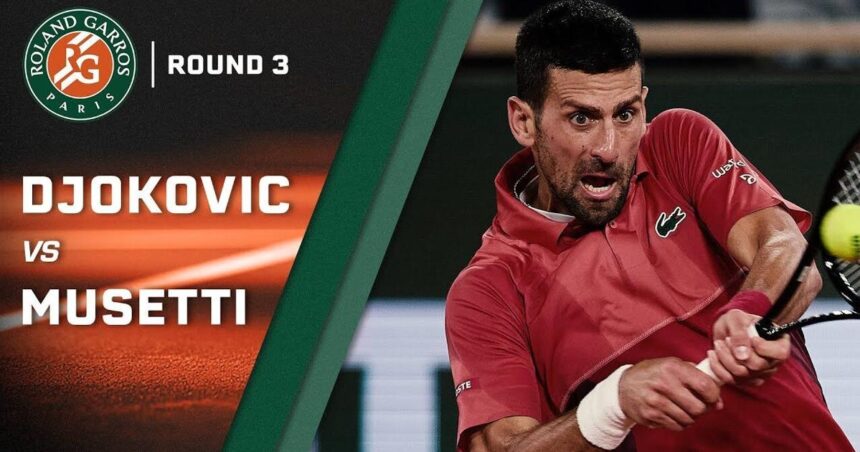At the French Open, Iga Swiatek made a simple request to be excluded from the late-night schedule to ensure she gets enough sleep. The No. 1-ranked player emphasized the importance of resting adequately, stating that she just wants to “sleep normally.”
Managing sleep is a challenge in Grand Slam tennis for both players and spectators. The late-night matches have become a recurring issue, as exemplified by Novak Djokovic’s recent five-set victory at Roland Garros that stretched past 3 a.m., causing inconvenience for players, fans, stadium workers, and officials.
Various solutions have been proposed, such as imposing curfews, adjusting match start times, or switching to shorter formats. However, finding a consensus remains elusive due to conflicting opinions on what is best for the sport.
The recent rainy weather at the French Open further complicated the scheduling, leading to delays and late-night matches. As former player Jim Courier pointed out, there are no easy answers when faced with such challenges.
Djokovic’s late-night match was a result of scheduling issues, prompting discussions about improving the management of match timings. The need for change has been acknowledged by organizations like the Professional Tennis Players Association (PTPA), which advocates for player health and viewer satisfaction.
While experiments with new rules have been conducted by the WTA and ATP tours, the issue persists at major tournaments like the French Open. Organizers are exploring potential solutions, but a definitive resolution is yet to be reached.





